

Chinese President Xi Jinping’s state visit to Saudi Arabia will significantly deepen bilateral ties in politics, economy, society and culture, Salman Aldossary, editor-in-chief of Asharq Al-Awsat, a major Saudi Arabian newspaper, told the People’s Daily on the eve of Xi’s Middle East trip.
Saudi Arabia, now China’s largest trading partner in West Asia, will be the first stop of Xi’s trip.
“Xi’s upcoming Saudi Arabia visit is of historic significance,” the editor-in-chief added.
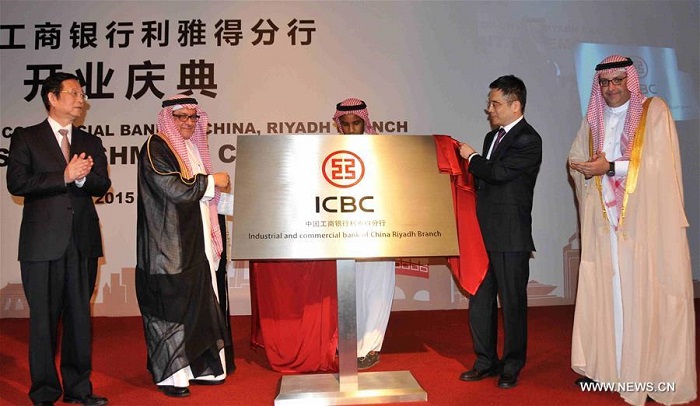
China and Saudi Arabia develop their economic and trade ties rapidly in recent years. ICBC, China’s largest bank by total assets opened its branch in Riyadh, capital of Saudi Arabia on June 4, 2015. It is the first China-funded bank in the country. (Photo: Xinhua)
Salman said that to diversify its economy, Saudi Arabia has increased investment in China and their mutually beneficial cooperation is on the “fast track.” “As China grows its industry and technology rapidly, Saudi Arabia hopes to intensify its ties with China,” he added.
Hailing the importance of China’s proposal to build the Silk Road Economic Belt and 21st Century Maritime Silk Road, the editor-in-chief noted that it not only tightened economic, trade and cultural ties between China and the nations along the routes, but also facilitated infrastructure construction and currency circulation.
“Thanks to its geographic position and dominance of the regional economy, Saudi Arabia carries significant weight in the routes,” Salman added.
He also appreciated the newly-founded Asian Infrastructure Investment Bank (AIIB), saying that the bank built to help Asian countries with infrastructure construction now receive more worldwide support.
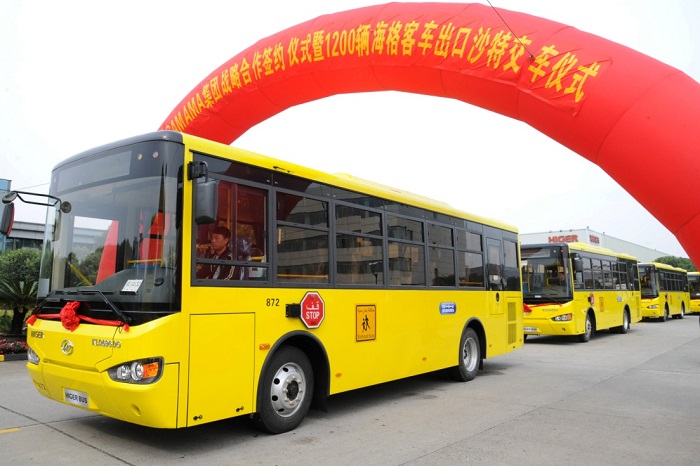
Higer, a Chinese bus manufacturer, holds ceremony for strategic agreement signing and delivery of 1,200 school buses with Saudi Arabian clients in Suzhou, Higer's manufacturing plant. (Photo: Xinhua )
“Saudi Arabia, as one of the AIIB’s 57 founding members, will render full support to the bank together with other regional states,” the editor-in-chief added.
He explained that the bank would not only help member states modernize their roads, railways and ports, but also expanded their access to power and telecommunication services.
The AIIB would also open up new prospects for contractors in West Asia and North Africa to carry out infrastructure construction projects in the member states, Salman said.
Day|Week

 SWAT members hold romantic wedding in E China
SWAT members hold romantic wedding in E China Breathtaking scenery and simple lifestyle in Hainan
Breathtaking scenery and simple lifestyle in Hainan Finding sexiest underwear supermodels
Finding sexiest underwear supermodels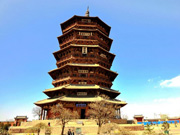 Top 10 ancient pagodas in China
Top 10 ancient pagodas in China Chinese version of Victoria's Secret Show held in Hunan
Chinese version of Victoria's Secret Show held in Hunan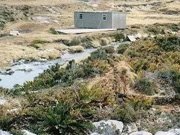 Can you find out the sniper hiding in camouflage?
Can you find out the sniper hiding in camouflage?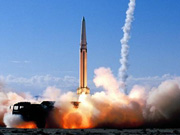 Spectacular rockets launch scenes
Spectacular rockets launch scenes Spectacular aerial photos of the Three Gorges
Spectacular aerial photos of the Three Gorges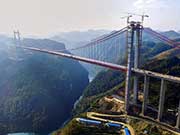 Admit it! That is a High-way built by China
Admit it! That is a High-way built by China Photos of Beijing Film Academy student hit the Internet
Photos of Beijing Film Academy student hit the Internet